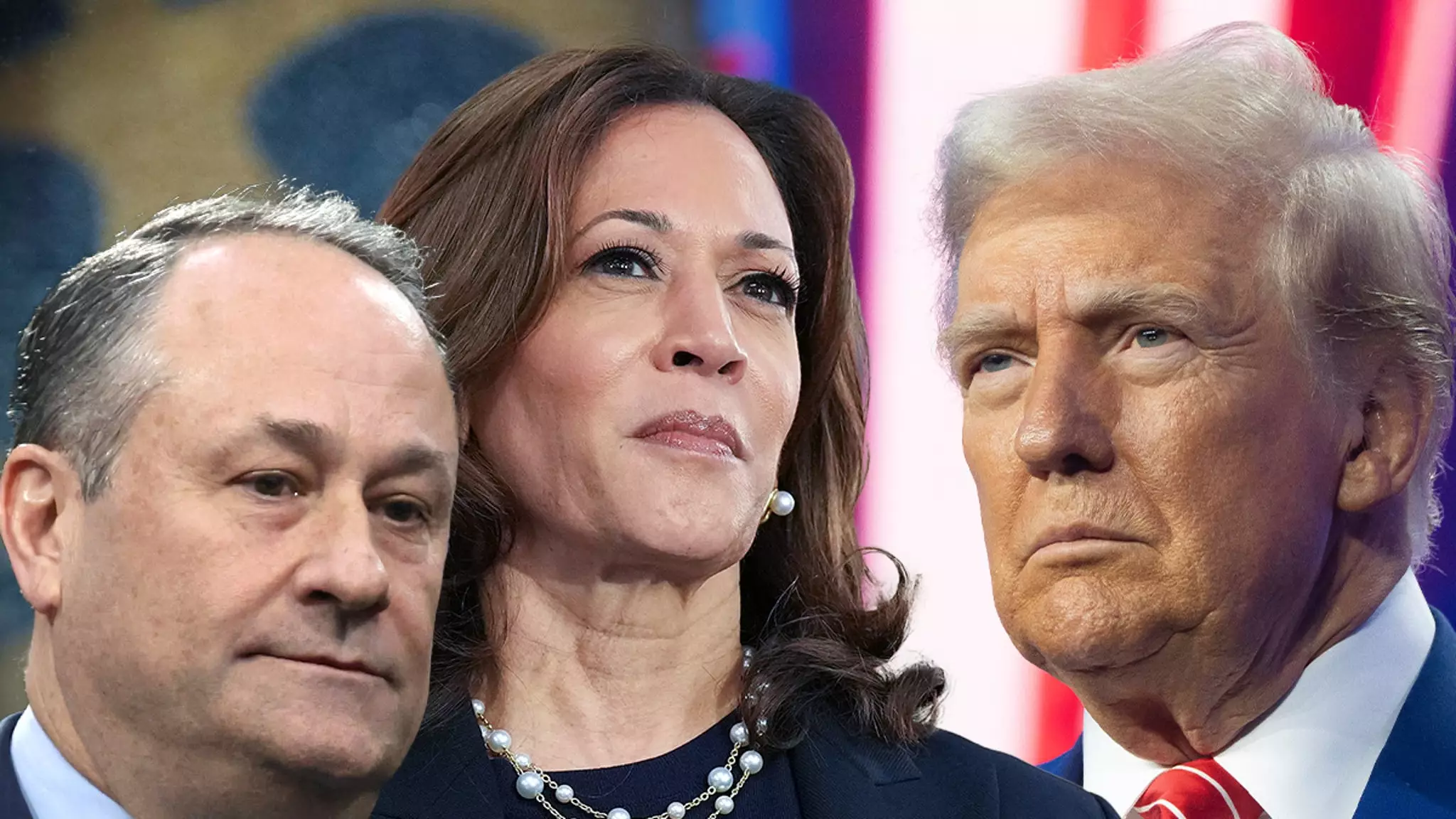In a powerful address at the Leading Women Defined Summit, Kamala Harris delivered a scathing critique of the legal industry’s apparent complicity in supporting the Trump administration. The former Vice President’s remarks hit close to home, particularly targeting the law firm Willkie Farr & Gallagher, where her husband, Doug Emhoff, is a prominent partner. This situation calls for introspection not just within the legal community but across all sectors that interact with our political landscape. Harris, embodying the voice of many disenchanted citizens, expressed frustration over the silence and cowardice of organizations that have decided to align with what many consider unconstitutional administration tactics.
The High Cost of Silence
Harris’s assertion that “fear” has taken a stranglehold on the nation is an indictment of how entities often prioritize their financial interests over moral responsibilities. By providing over $100 million in pro bono legal work to an administration that has sown discord and division, firms like Willkie Farr & Gallagher tacitly endorse policies that undermine civil liberties and democratic values. The reluctance of legal firms to address the ethical implications of their choices raises important questions about accountability. Here, loyalty to a political figure eclipses duty to the public, an unsettling phenomenon that prompts a necessary conversation about the consequences of prioritizing profit over principle.
The Personal and Political Intersection
There’s a poignant irony in this scenario—the fierce advocacy for social justice and constitutional rights by Harris, juxtaposed with the actions of a law firm associated with her own family. The tension between her advocacy and Emhoff’s professional affiliations brings to light the intricate web of personal and political dynamics in Washington. Sources indicate that Emhoff had voiced his disapproval to the firm’s leadership regarding their engagement with the Trump administration, showcasing a potential internal conflict between familial loyalty and ethical considerations.
Redefining Professional Integrity
The situation emphasizes a crucial need for legal professionals to redefine their understanding of integrity. Should safeguarding client relationships and financial viability outweigh moral convictions? As Harris pointedly noted, capitulation in the face of political pressure dilutes the profession’s integrity. The stakes extend beyond the courtroom; they reflect societal values at large. The growing trend of law firms seeking to appease powerful political figures by engaging in deals that often lack transparency and accountability begs scrutiny. An ethical renaissance is needed to restore faith in legal institutions and ensure they serve justice first, rather than succumbing to financial expediency.
The Road Ahead
Kamala Harris’s call to arms serves as an urgent reminder of the imperative to challenge the status quo. Each professional’s choices shape the societal fabric, and the intersection of law and politics is no exception. As legal firms grapple with this critical juncture, the hope is that individuals within these organizations will find the courage to speak out against actions that compromise democratic values. This discourse is vital not only for re-establishing trust in legal practices but for empowering citizens who look to their leaders for a moral compass. The question remains: Will the legal industry rise to this challenge, or will it continue to navigate the murky waters of political allegiance? The time for introspection and change is now.

